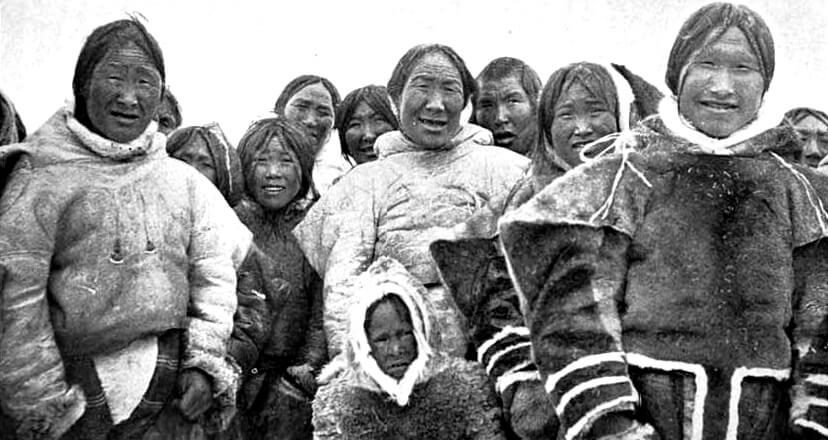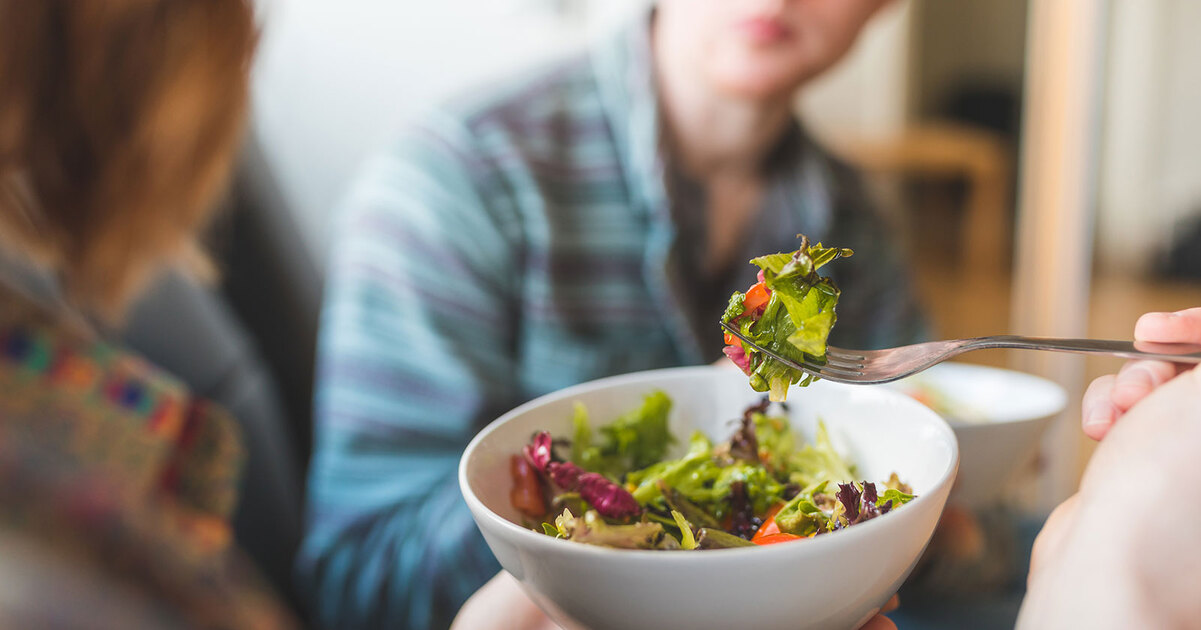K.I.T.T.23
Member
You really can't get over the abstinence analogy hu. Maybe it is better than you think.It's called education. It's a slow tedious process and some people are resistant.
If you explain to people that meat is bad for your health and bad for the environment (as well as being bad for the animals), some people will understand and change their behavior. Other people will continue to damage their health out of ignorance.
Some people still smoke cigarettes and have other unhealthy habits. They are stupid.
(Your abstinence analogy is stupid.)
Education is one way, that is true, but doesn't marketing and corporate agenda set that back? maybe even counteracts that logic completely?






